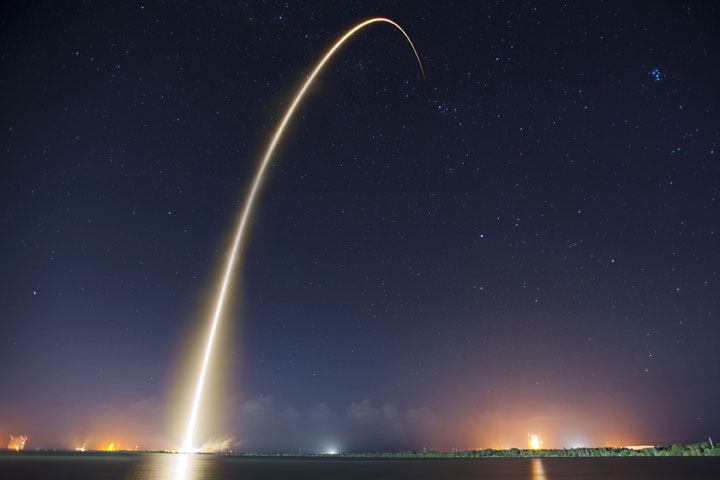TORONTO – The astronauts aboard the International Space Station won’t be getting any Christmas deliveries.

On Thursday, SpaceX, which was slated to send cargo and experiments to the station on Friday, announced that it was moving the launch to January.
READ MORE: Boeing, SpaceX win bid to carry astronauts to International Space Station
“While the recent static fire test accomplished nearly all of our goals, the test did not run the full duration,” said John Taylor, communications director of SpaceX. “The data suggests we could push forward without a second attempt, but out of an abundance of caution, we are opting to execute a second static fire test prior to launch.”
SpaceX was originally set to deliver cargo and experiments to the station on Dec. 16 aboard its Falcon 9 rocket. The company confirmed on Wednesday that it would attempt to land the rocket on an ocean platform, the first for a launch to the space station.
The launch was then moved to Dec. 19 so that the company could “do everything possible on the ground to prepare for a successful launch,” according to a NASA press release.
This is the fifth commercial resupply service to the space station using its Dragon capsule.

The earliest day for a launch is Jan. 6, which would allow it to dock on January 8.
“The ISS orbits through a high beta angle period a few times a year. This is where the angle between the ISS orbital plane and the sun is high, resulting in the ISS being in almost constant sunlight for a 10-day period,” Taylor said. “During this time, there are thermal and operational constraints that prohibit Dragon from being allowed to berth with the ISS.”
NASA said that the delay has “no impact on the station’s crew, its complement of food, fuel and supplies and will not impact the science being delivered.”
“Both Falcon 9 and Dragon remain in good health, and our teams are looking forward to launch just after the New Year,” Taylor said.




Comments